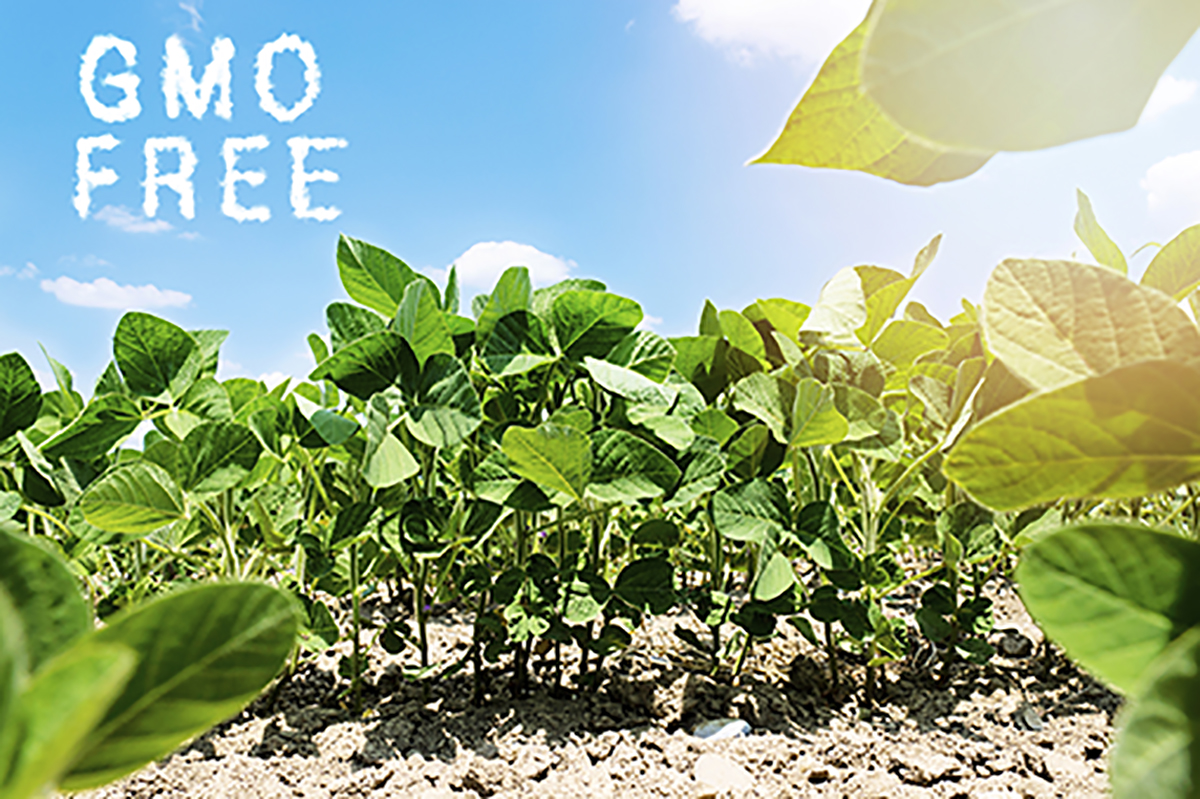While nearly two-thirds of European Union countries have opted out of growing GM crops, the bloc still imports 12 million metric tons of unsustainable GM soy for animal feed, says Matthias Krön, managing director of Danube Soya.
“It’s an official declaration that 19 countries don’t want GMOs, but it isn’t enough,” Krön says. “Importing GM soy is not a solution; it is somewhat hypocritical.”
To be really non-GMO, Europe should also produce and import sustainable non-GMO feed.
“Our position is that we need EU farmers to produce non-GMO protein (for animal feed),” Krön says.
Danube Soya aims to increase sustainable non-GMO soy production in Europe to reduce imports and to help Europe’s farmers earn a better living. The group is creating a GMO-free soy producing region in countries along the Danube River.
“We aren’t anti-GM,” Krön says. “We are an organization, trying to help farmers grow non-GMO protein sustainably and trying to build markets for these types of products.”
Since its launch in 2012, Danube Soya has grown from 20 members to nearly 200 in 16 countries.
Non-GMO soybean plantings in the Danube region increased 41% from 670,524 hectares (1,656,865 acres) in 2013 to 945,800 hectares (2,337,071 acres) in 2015. Krön says Danube Soya aims to double the non-GMO soybean hectares over the next few years.
Grain processing giant ADM recently joined Danube Soya. The company is expanding its facility in Straubing, Germany to crush non-GMO soybeans sourced from the Danube region.
“The ability to crush soybeans at our Straubing plant allows us to meet the growing market demand for non-GMO soy meal, particularly from customers in Germany, Austria and Switzerland,” said René van der Poel, general manager, ADM Straubing.
For example, Germany’s second largest food retailer, the REWE Group, has committed to feeding all of its farm animals—chickens, turkeys, dairy cows, and pigs—non-GMO feed by 2016.
A growing number of European meat, dairy, pork, and poultry suppliers also import non-GMO soybeans and soybean meal from Brazil for use as animal feed and promote their products as coming from animals fed without GMOs.
France, Germany, Austria, and Luxembourg have developed national labeling programs to help companies promote such non-GMO-fed animal products in the marketplace. Hungary is developing a similar program.








